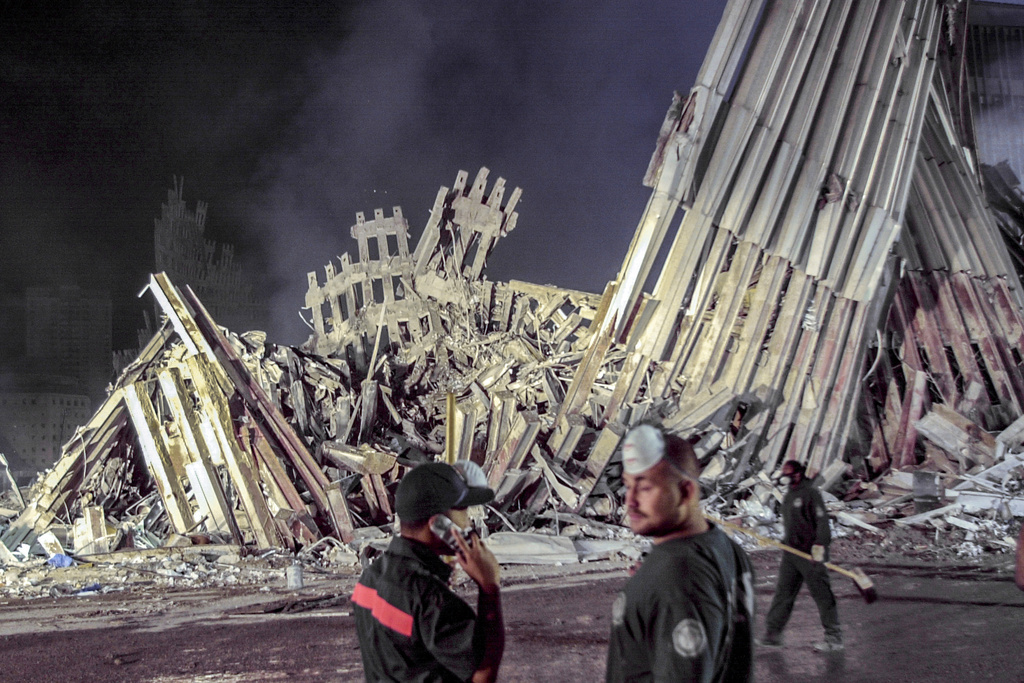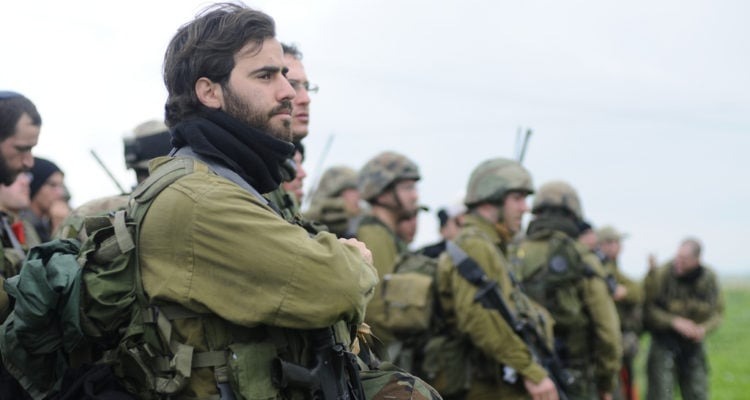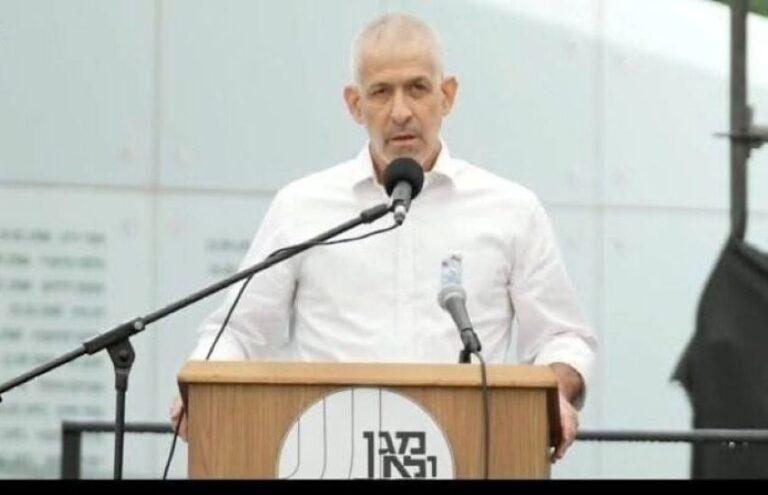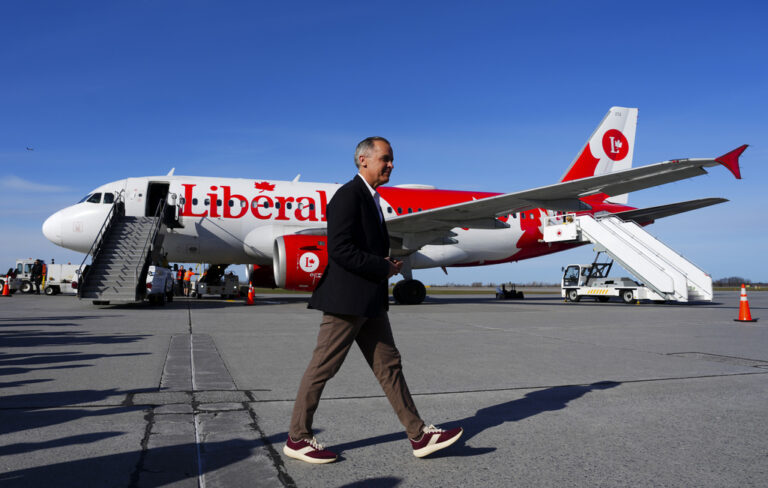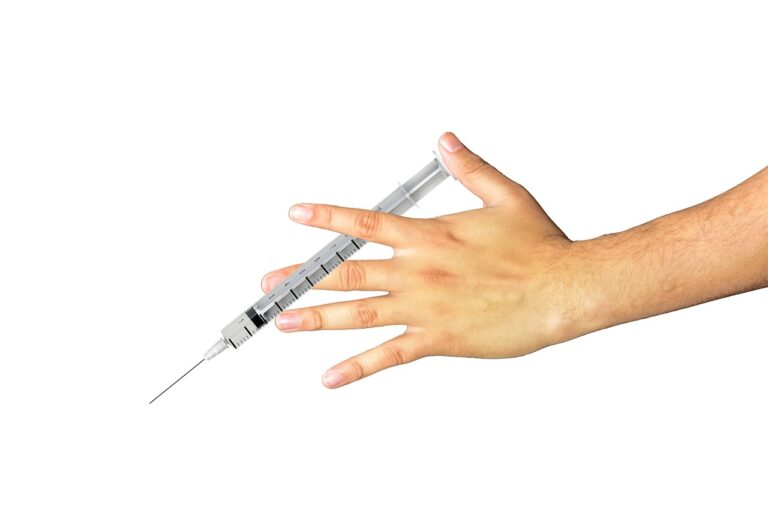The number of FDNY first responders who have died from exposure to toxins at Ground Zero following the 9/11 attacks has now reached 370, surpassing the 343 department members who died on the day of the terror attacks, officials confirmed on Monday.
In the past year alone, 28 more FDNY members have succumbed to 9/11-related illnesses, and officials warn that the toll will continue to rise as federal funding for the World Trade Center Health Program is set to run out by 2028. During a press conference, Lt. Jim Brosi, president of the FDNY Uniformed Fire Officers Association, called for urgent support for the 9/11 Responder and Survivor Health Funding Correction Act of 2024, which would extend funding for the program through 2033.
“We’re now hiring recruits who weren’t even born when the attacks happened,” Brosi said, emphasizing the need for permanent funding to ensure that future generations remember the sacrifices made by 9/11 responders. “The risk we run with not having additional, permanent funding is that the further we get away from this tragedy, the less likely people will be sympathetic to the need.”
Brosi highlighted the loss of the most recent victim, a firefighter who was on active duty less than a year ago before being diagnosed with terminal cancer. “In less than 12 months, he went from riding a fire truck to being buried,” Brosi said. “That’s the part you won’t see in a statistic.”
He also shared heartbreaking stories of other victims, including one who lost his voice to thyroid and esophageal cancer and another who now lives with a permanent colostomy bag. “These are significant ailments. People are suffering, and they’re not visible in the data,” Brosi said.
The World Trade Center Health Program currently monitors and treats more than 132,000 first responders and survivors suffering from long-term health effects related to 9/11. However, FDNY Uniformed Firefighters Association President Andrew Ansbro noted that lawmakers often underestimate the number of people who continue to join the program, resulting in incomplete funding.
“Every time they go to Washington to get a funding bill, it never gets fully funded,” Ansbro said, adding that inflationary costs and advancements in cancer treatment have only increased the need for financial support. “We know our members keep getting sick. It’s not stopping.”
If passed, the 2024 federal legislation would establish a new funding formula through 2090 and increase research funding for 9/11-related conditions. Without this support, the program could begin turning away new applicants as soon as 2028.
Ansbro confirmed that the latest names were added to the Memorial Wall for Deaths Related to World Trade Center Illnesses at FDNY Headquarters in Downtown Brooklyn, where there are currently 363 names. With space for 960 names, Ansbro acknowledged the grim reality: “At the rate we’re going, someday, we will reach that, we believe. Although we pray that 9/11 has claimed its last victims, we sadly know this isn’t the end.”
(YWN World Headquarters – NYC)

